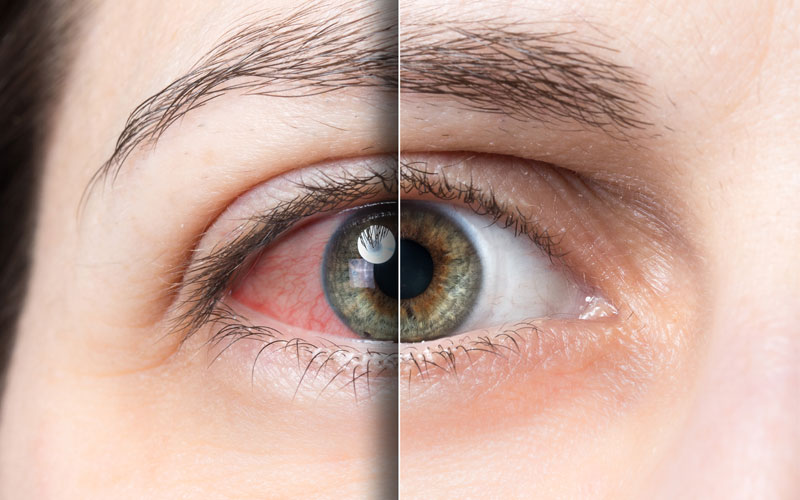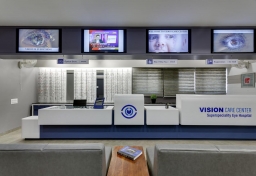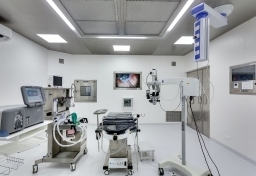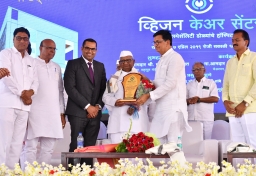
Ocular Surface Disease (OSD), also known as Dry Eye Disease (DED), is a very complex condition that is chronic and progressive. Ocular surface diseases are the ones, which affect the most superficial layer of the eye, i.e., the surface of the eye. The ocular surface gets severely affected in dry eye diseases, Stevens-Johnson Syndrome, chemical injuries and some autoimmune diseases leading to blindness. More than 50% of those suffering from this condition do not report symptoms, especially in the early stages. If a dry eye disease is identified early, when mild, it is easier to treat, helping to slow the progression.
OSD can occur in anyone. However, risk factors include increased age, female gender, low intake of omega-3 fatty acids, antihistamine use, connective tissue diseases, prior LASIK, diabetes, prolonged computer work, chemotherapy and changes in the environment.
Causes
Ageing
Tear flow normally decreases with age. About 75% of individuals over the age of 65 suffer from dry eye symptoms.
Use of digital devices
Screen time has increased exponentially and is probably the main reason for dry eyes among the young population. Recent studies on dry eye reflect a significant increase in this condition among youngsters.
Contact lens wear
Contact lens wear can dramatically increase tear evaporation, causing dry eye discomfort.
Hormonal changes in women
Various hormonal changes associated with pregnancy, oral contraceptives and menopause can contribute to dry eye symptoms.
Certain diseases
Dry eyes are also caused by several diseases like Thyroid disease, arthritis, and lupus.
Medications
There are many medications that cause dryness of the eye as a side effect. Check the package insert of any medications you are taking to find out.
Laser vision corrective surgeries and/or cataract surgery
After an ophthalmic surgical procedure, sometimes patients can develop dry eyes.
VISION CARE CENTER is among the very few in the world to have a dedicated ocular surface department. We have the expertise to perform advanced and complex Ocular Surface Surgeries including Limbal Stem Cell Transplantation, Boston Keratoprosthesis, Artificial Corneal Transplants for terminally blind patients, Mucous Membrane Grafting, etc. We perform Keratoprosthesis to visually rehabilitate patients with blinding diseases like the Steven Johnson Syndrome.
VISION CARE CENTER is also the pioneer of Minor Salivary Gland transplantation for severe dry eyes and currently the only hospital in Maharashtra to perform Minor Salivary Gland Transplantation.




